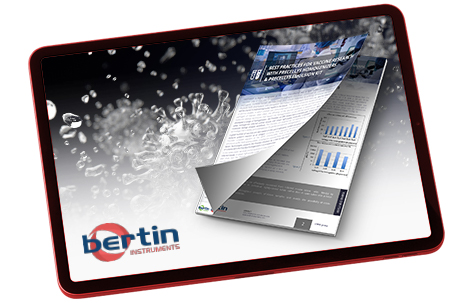Proper Homogenization Boosts Vaccine Research
Effective homogenization practices help ensure sample quality and reproducibility
Vaccine research plays a large role in maintaining public health. The majority of vaccine studies still rely on animal model experiments, where animals are immunized with the candidate vaccine and exposed to the pathogen of interest. To assess vaccine efficiency in these experiments, researchers typically homogenize infected animal tissues for downstream molecular biology techniques. Homogenization is also integral to recover viable microorganisms from infected specimens. As such, effective, safe, and reproducible homogenization is necessary for optimal sample quality.


